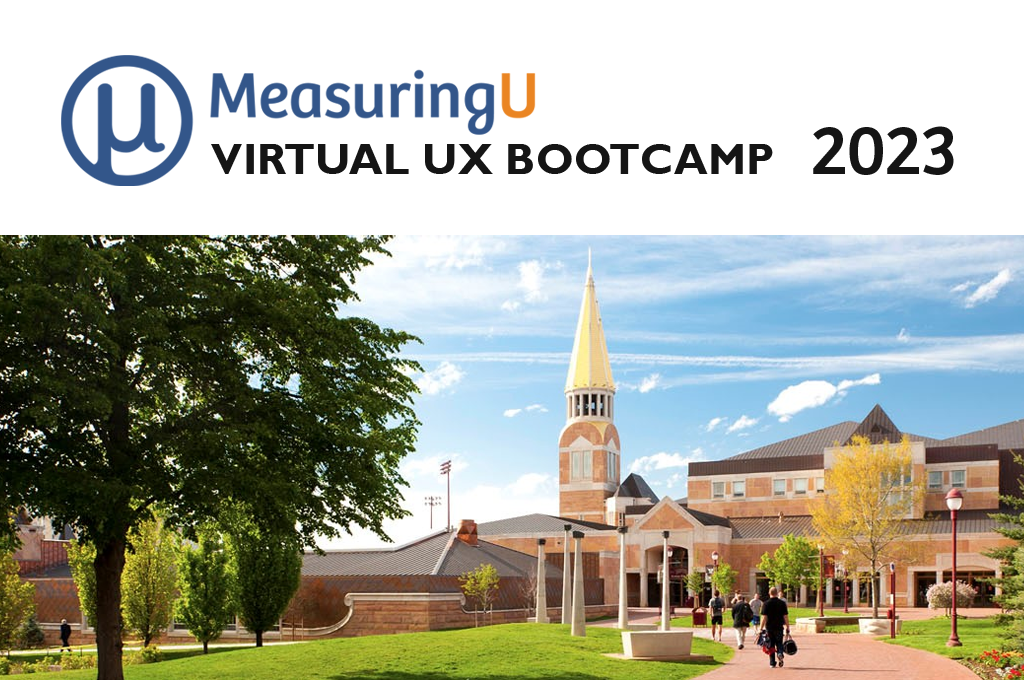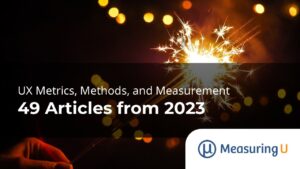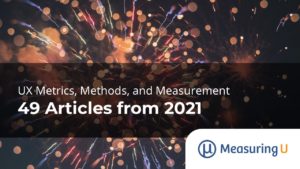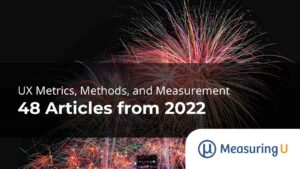A comprehensive virtual course on UX Methods, Metrics and Measurement
2 days/week, spread over 4 weeks (8 days total)
Date Range: September 12 – October 5, 2023
Course Times: Tuesdays & Thursdays, Sessions start at 9am (Pacific Time) – See schedule below for scheduling details
This is our 11th Annual Bootcamp, tailored for online learning.
Each year we’ve had a great group of participants from dozens of companies including:
Aetna, Amazon, American Airlines, Amica Insurance, Autodesk, BlackRock, Boeing, Charter Communications, Cisco, Citigroup, Google, IBM, John Deere, Rockwell Automation, Samsung, Spotify, Target, The Home Depot, Workday.
Participants receive:
- a User Experience Research Certificate
- 2.5 Continuing Education Credits from the University of Denver.
[My bosses] are thrilled with the possibilities that this opened up for us in terms of quantifying user feedback and behavior.
You gave me the tools and skills to give more credibility to my work…I am very grateful.
Course Details
This year the UX Measurement Bootcamp will be held online. Class times will be modified to work for online delivery.
Jeff Sauro, PhD & Jim Lewis, PhD will be the instructors.
The courses will be a mix of (1) lecture material and (2) practice learning and applying the methods (adapted for online delivery).
The online course cost is $3000 per participant.
This includes:
- Access to the lectures and all online courses on MeasuringUniversityTM for 1 year.
- Course Materials (valued at over $700)
- A Downloadable Excel Statistics calculator
- Up to 100 US-based participants for your group study conducted during the bootcamp on MUIQ
- Certificate and Continuing Education Credit from the University of Denver
Contact us if you have more than 5 attendees or if you are interested in a custom bootcamp for your company.
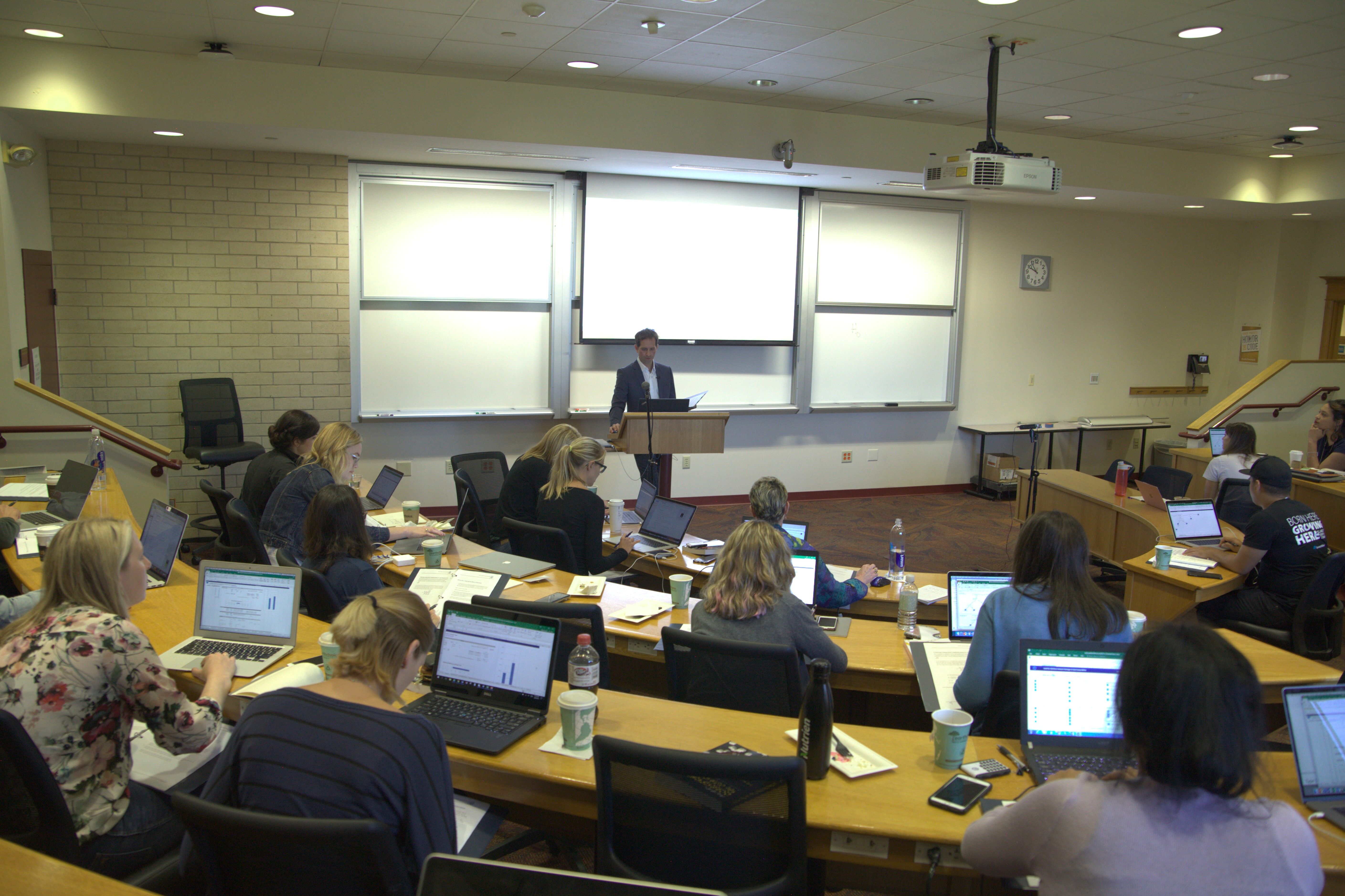
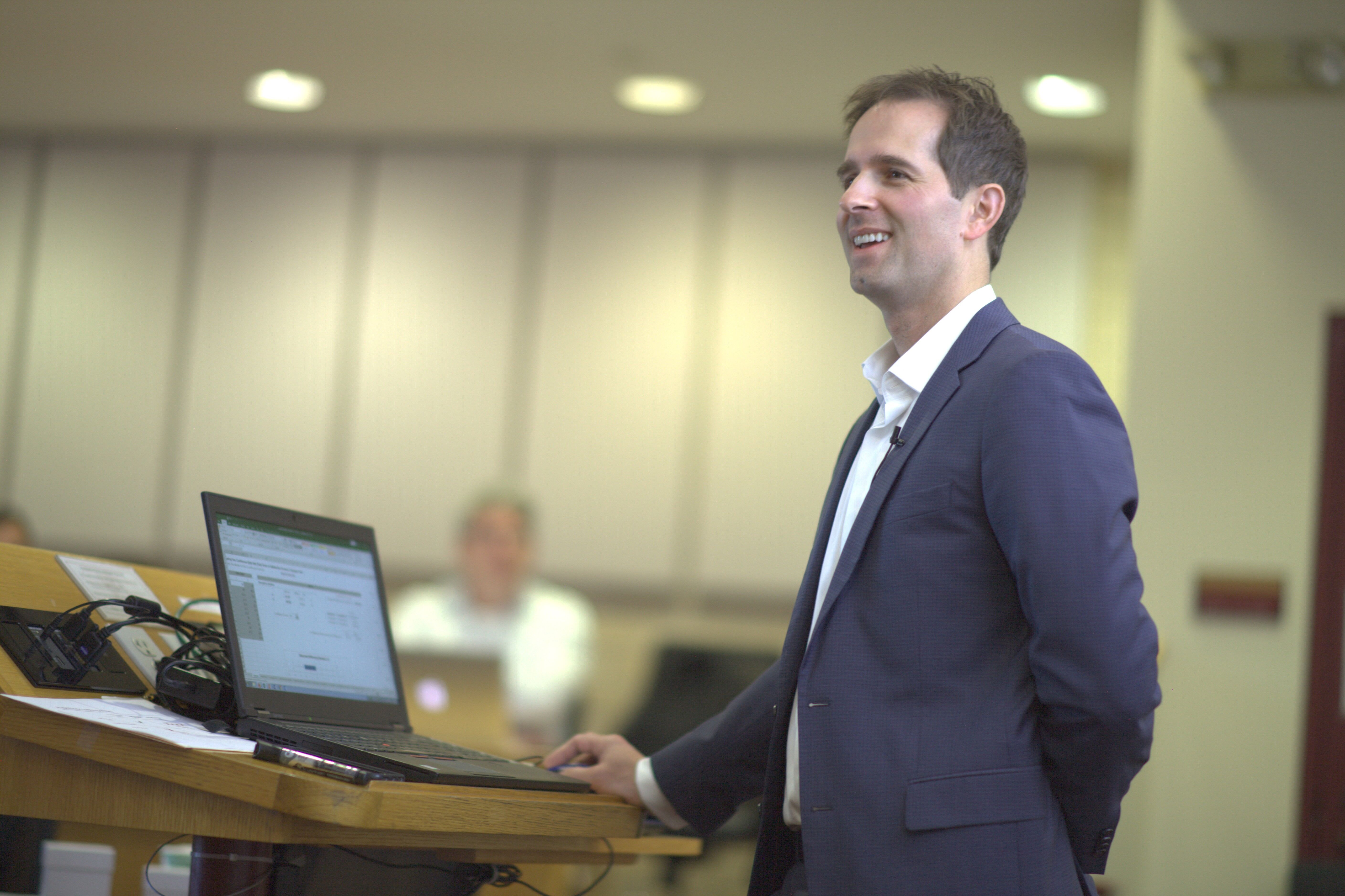
I thought the bootcamp was extremely helpful. Jeff did a great job of teaching a lot of material in a short amount of time, and I am already using these ideas in my work.
We had a lot of fun and success in applying what I learned in the bootcamp to my work.
Topics Covered
- An Overview of UX Methods & Metrics
- Determining Customers’ Top Tasks
- Making the Most of Unmoderated Usability Testing
- UX Benchmarking
- Testing the Information Architecture / Navigation of Websites
- Card Sorting and Tree Testing
- How to Present Quantitative UX Data
- Best Practices for Survey Design and Analysis
- Sample Size Calculations
- Confidence Intervals & Statistical Comparisons
- Making the Most of Small Sample Sizes
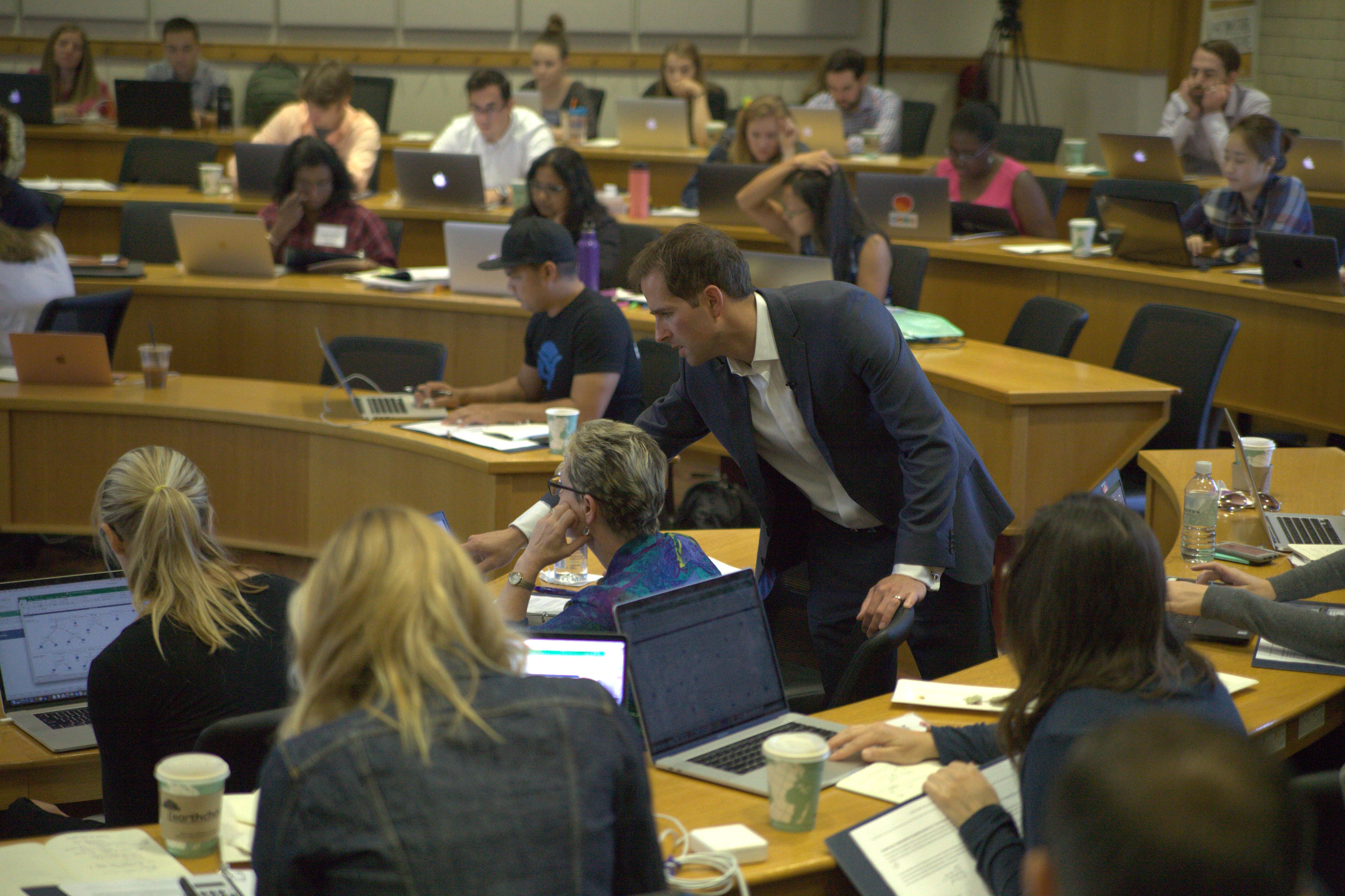
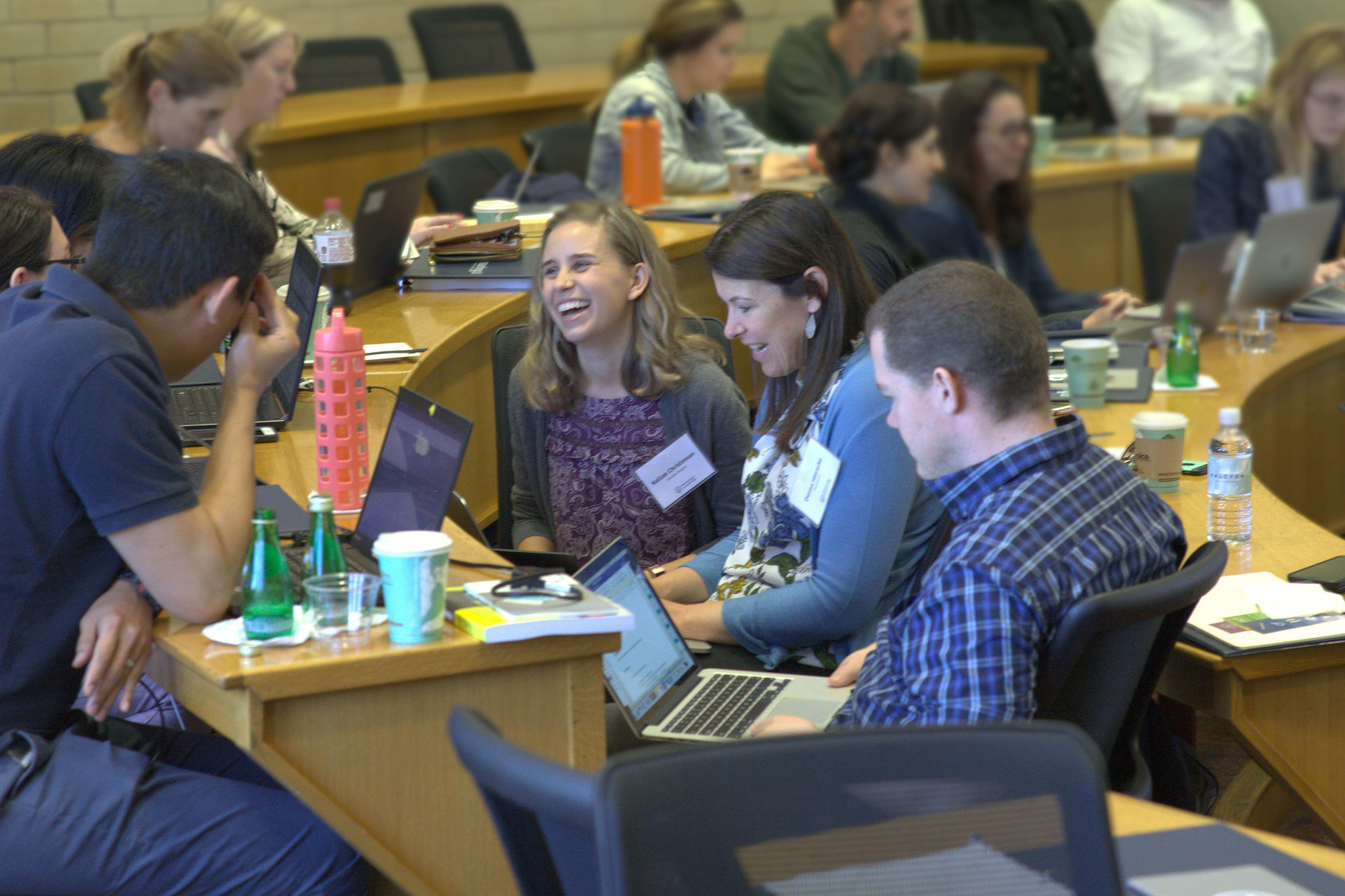
Thank you for the wonderful training…loved it!
I love, love, loved the class! It was by far the best training that I’ve attended in my career (and I have been working for a very long time).
Jeff is a phenomenal speaker and teacher. He makes very difficult (and let’s face it, pretty dry) stuff fun to learn. Thanks for putting this on!
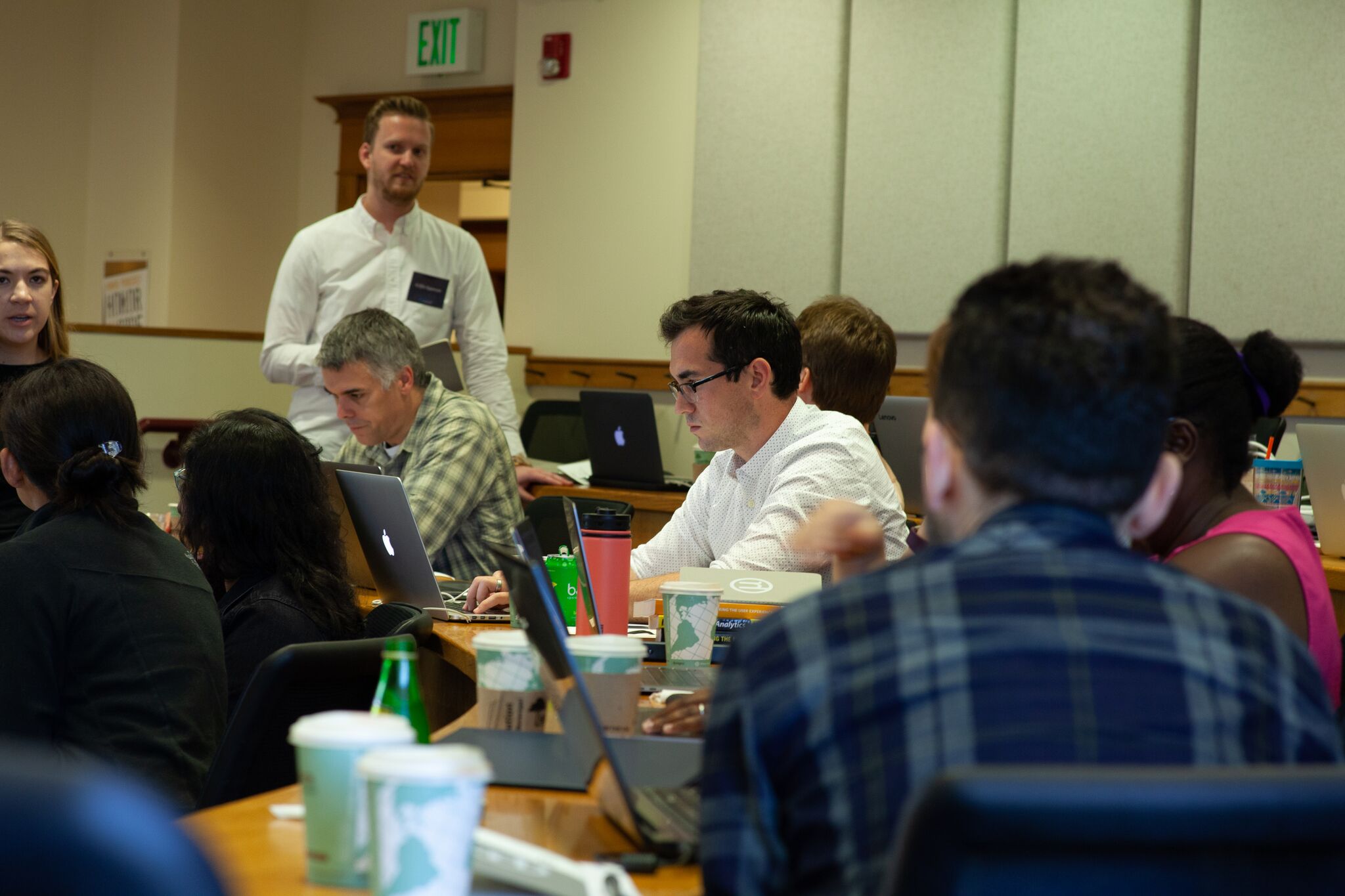
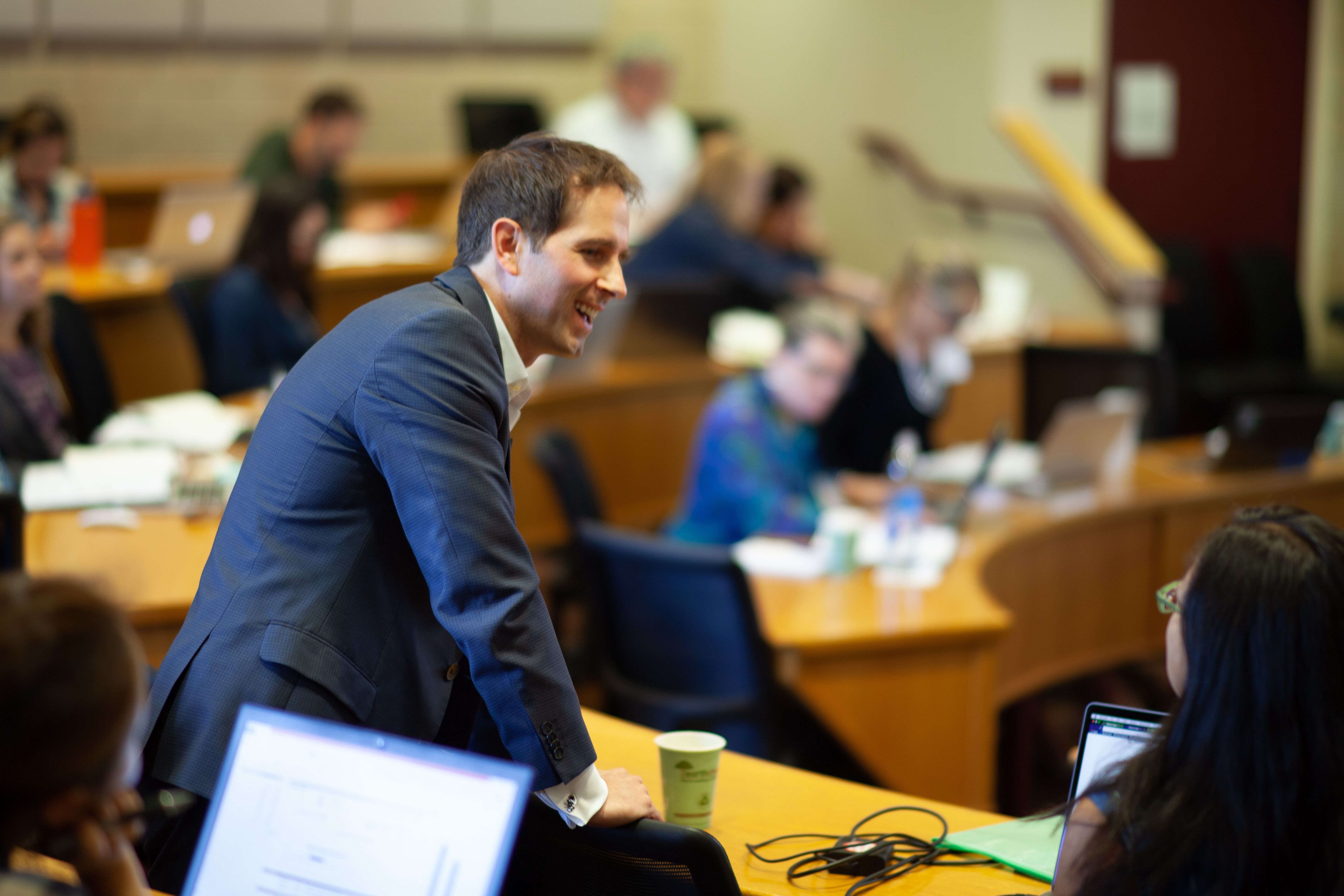
Course Faculty
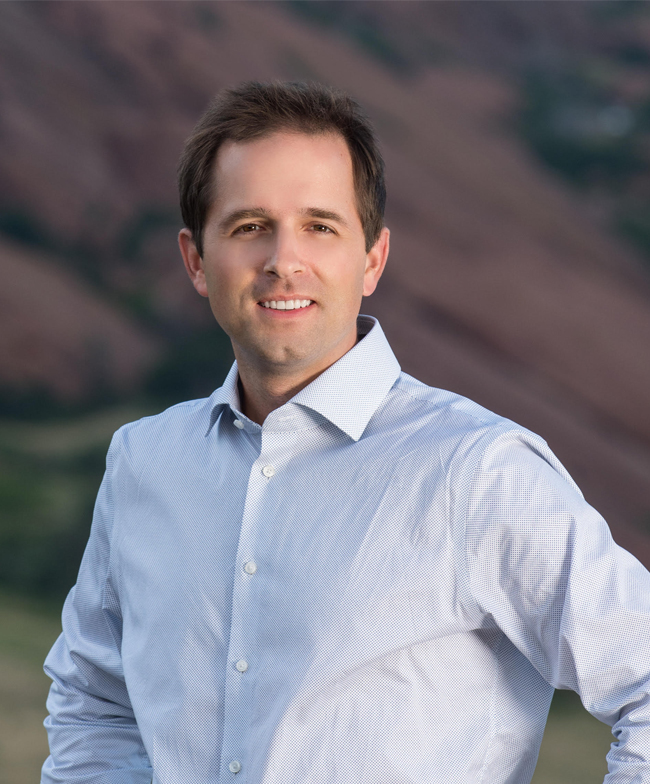 |
Jeff Sauro will be the primary instructor for the bootcamp. He has taught UX research methods classes for companies including Google, Meta (Facebook), Netflix, Hulu, Autodesk, Cisco, Dropbox and Salesforce. Jeff has published over twenty-five peer-reviewed research articles and six books, including Benchmarking the User Experience, Customer Analytics for Dummies and Quantifying the User Experience. |
 |
Jim Lewis will be the assistant instructor for the bootcamp. He spent 40 years as a UX researcher/consultant at IBM. While at IBM, he collaborated with Jeff on a number of projects, including co-authoring numerous books and conference papers (two of which were nominated for Best of CHI). He has published almost 100 research articles/papers and is on over 90 US patents. In 2020 he joined MeasuringU as Distinguished User Experience Researcher. In 2021 he was inducted into the Academy of Science, Engineering, and Medicine of Florida. |
Recording Disclaimer
By attending the virtual boot camp, you consent to audio recording, screen captures, and video recording to be used for news, promotional purposes, advertising, inclusion on websites, social media, or any other purpose by MeasuringU. Images, recordings and/or videos may be used to promote similar events in the future.
Substitution and Carry-Over Policy
Due to the customized nature of this training, we cannot offer refunds but we accept substitutions. Please contact us as soon as you know you will have a substitute. We may also carry over your registration for the following year.
Registration
Coming soon.
Bootcamp Course Schedule
(subject to change)
The UX Measurement Bootcamp now has a flipped classroom format, reducing the time spent on live lectures for more dynamic interaction during the scheduled live sessions. Rather than compressing all of our content and training into one week, this year’s bootcamp will be spread out over four weeks on Tuesdays and Thursdays — like signing up for a multi-week short course.
Each Tuesday and Thursday for the four weeks of the bootcamp will start with live sessions, followed by scheduled time to take the assigned online lessons for that day (video lectures and online quizzes) to prepare for discussion during the next live session. The total time for each day will range from 4-6 hours for the first three weeks, then 3-4 hours for the fourth week. The length of live sessions for each day will typically range from 3-4 hours. Live sessions will start at 9am Pacific.
Once you have access to the online content at MeasuringUniversity through the bootcamp, you’ll have access for a year, giving you a lot of flexibility about when you go through the online content (just be sure to go through it before the associated live discussions).
Schedules and topics may change based on participants’ backgrounds and current needs.
Week 1 | |
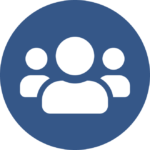 | Tuesday: Live Sessions (9:00 am – 10:30 am Pacific) The day starts with introductions to the bootcamp, instructors, attendees, and MeasuringUniversity (1.5 hours). |
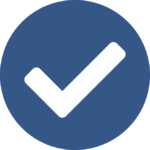 | Tuesday: Online Coursework (~4.5 hours)
|
 | Thursday: Live Sessions (9:00 am – 12:00 pm Pacific) The day starts with an hour for Q&A about the online coursework from the previous Tuesday, including review of the top task assignment from Measurement Framework Part 2. Over the next two hours, attendees will be introduced to MUIQ, our platform for surveys and remote usability studies, and will take a project team questionnaire that we will use to assign attendees to groups for project work. |
 | Thursday: Online Coursework (~2 hours)
|
Week 2 | |
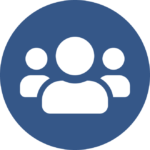 | Tuesday: Live Sessions (9:00 am – 1:00 pm Pacific) The day starts with an hour for Q&A about the online coursework from the previous Thursday. The next three hours are devoted to project work (assignment to teams with teams completing a study script and starting to program the study in MUIQ). |
 | Tuesday: Online Coursework (~1.5 hours)
|
 | Thursday: Live Sessions (9:00 am – 1:00 pm Pacific) The day starts with an hour for Q&A about the online coursework from the previous Tuesday, followed by our first Jeopardy session (teams compete for points and bragging rights, about 45 minutes). The live session then switches to project work for about two hours with team breakouts to continue programming their studies. |
 | Thursday: Online Coursework (~2 hours)
|
Week 3 | |
 | Tuesday: Live Sessions (9:00 am – 12:00 pm Pacific) The day starts with an hour for Q&A about the online coursework from the previous Thursday. The live session then switches to project work for about two hours with team breakouts to continue programming studies. |
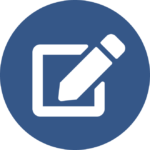 | Tuesday: Online Coursework (~1.5 hours)
|
 | Thursday: Live Sessions (9:00 am – 1:00 pm Pacific) The day starts with an hour for Q&A about the online coursework from the previous Tuesday, followed by our second Jeopardy session (about 45 minutes, for the ultimate bragging rights). The live session then switches to project work for about two hours with team breakouts to finish programming their studies. That night we’ll launch data collection for all of the attendee projects. |
 | Thursday: Online Coursework (~1 hour) Final Exam: After today’s live sessions, we’ll enable the final exam, which has 25 questions taken from previous quizzes. You’ll need 20 correct (80%) to pass, and can take the exam as many times as you need through the end of the Week 4. |
Week 4 | |
 | Tuesday: Live Sessions (9:00 am – 12:00 pm Pacific, no online coursework) The first hour will be Q&A for the final exam, followed by two hours of project work to analyze the data collected for the attendee projects and begin preparation of report. |
 | Thursday: Live Sessions (9:00 am – 12:00 pm Pacific, no online coursework) You and your team will have an hour to finish the report. For the next hour, project teams will present their findings, followed by a half-hour wrap-up of the bootcamp. |
